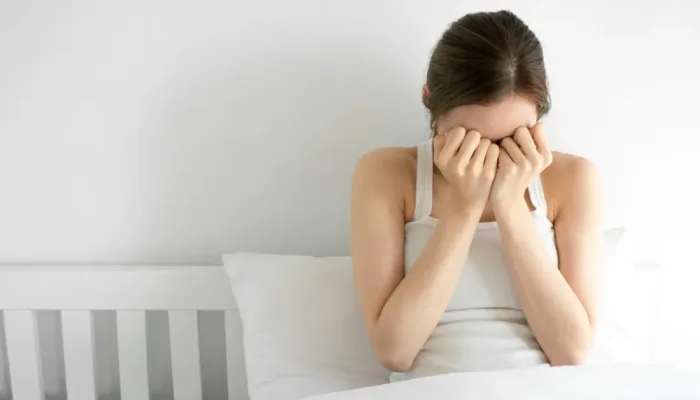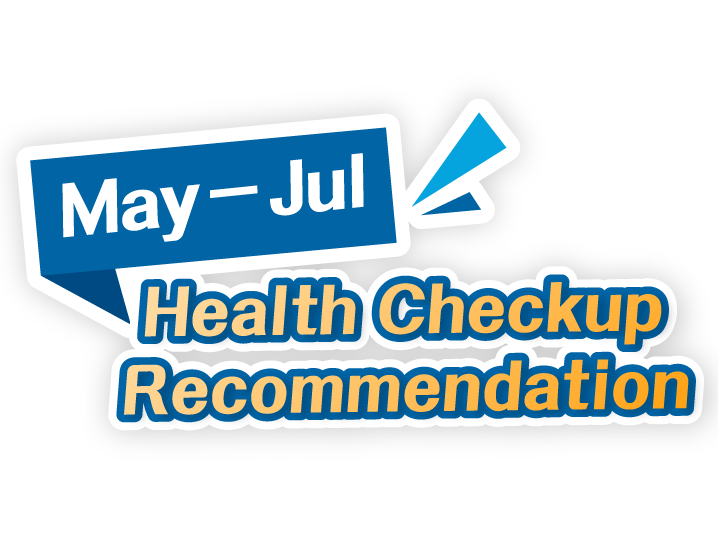- Home
- Depression
Depression
Everyone suffers sadness at some point in their lives, which is typically brought on by a traumatic experience such as the end of a relationship or the death of a loved one. The majority of people experience low moods from time to time. However, unhappiness can lead to depression, a serious illness that often remains undiagnosed, partially due to patients’ reluctance to seek help.

Causes of Depression
A traumatic experience, frequently involving some type of loss, usually triggers an episode of depression. This might happen when someone dies or when a relationship ends. Financial difficulties, a stressful job, redundancy or the threat of losing one’s work, and even relocation can cause depression in persons who are emotionally vulnerable. Postnatal depression is a risk for new mothers. Depression can also be brought on by long-term or serious illnesses such as diabetes or cancer.
Depressed persons frequently have relationship issues. These could be a contributing factor or a result of a person’s depression.
Although some kinds of the disease appear to run in families, scientists have yet to discover a clear genetic cause. Unhappy childhood experiences have been linked to the development of depression later in life. A child who loses his or her mother before turning 14 and does not receive appropriate care from another person is more prone to develop depression. Other traumatic childhood traumas, such as sexual abuse, have been connected to adult depression.
Finally, some people have a tendency to always see the negative side of things — it’s in their personality. These individuals are more prone to experience major depression at some point in their life.
Symptoms of Depression
- Low mood is the most prevalent symptom of depression.
- Some people are impatient and lose their temper more easily than normal, in addition to being depressed.
- People frequently report feeling worse first thing in the morning or last thing at night.
- People who are depressed discover that they are unable to enjoy events or activities that they would ordinarily like.
- They have a tendency to feel alienated from the rest of the world.
- Lack of energy, exhaustion, and inability to concentrate are all typical complaints.
- Sufferers report that they do not sleep well, waking up either unrefreshed after a long sleep or quite early in the morning.
- Loss of sex-drive (libido) and irregular eating patterns such as lose of appetite or overeating are also common.
- Anxiety symptoms frequently coexist with depression.
- People may feel anxious, have palpitations, or even have panic attacks. When depression is addressed, these sensations usually go away.
- Sufferers pass harsh or negative judgments on themselves.
- They may consider self-harm or believe that life isn’t worth living.
- Suicide attempts are more common in depressed people.
- Many people suffering from depression turn to alcohol or illegal drugs to alleviate their distress. Unfortunately, this tends to make problems worse because alcohol lowers mood even more and is damaging to physical health when used in excess.
Treatment of Depression
Depression makes it difficult for people to live their life as they wish. They may be unable to go to work or do any of the activities they once enjoyed. Despite this, a large number of people do not look for help for their problems. This could be because they are ashamed of their emotions, viewing them as a sign of weakness, or because they blame themselves for their misfortune. Fortunately, there are a variety of treatments for depression, and the first step is to talk to a knowledgeable professional about one’s feelings.
Psychological therapy, such as counseling, and pharmacological treatment with antidepressants are the two basic ways to treating depression.A combination of psychological treatment and antidepressant medicines, or antidepressants alone, is usually recommended for more severe cases.
Antidepressants and simple counseling are helpful for the majority of persons suffering from depression. General practitioners frequently recommend patients to a psychiatrist if their depression is severe or they are having suicidal thoughts. Psychiatrists are trained doctors who specialize in treating mental illnesses and can recommend a variety of treatments. People with severe depression may need to be admitted to the hospital. Due to suicidal inclinations, they (or their family) may believe they are too dangerous to be looked after at home. People who are depressed are rarely a danger to others.
1. Pyschological therapies
Doctors can often arrange counseling as part of a patient’s treatment. Counseling normally takes the form of a one-on-one session in which you can share your emotions and issues while the counsellor listens and asks questions. In most cases, you will not be taught what to do about your feelings in counseling. A standard counselling course consists of 6 sessions. There are other more structured types of psychological treatment, such as cognitive behavioral therapy.
2. Medication
Antidepressant medications come in a variety of forms. It’s critical to understand that these aren’t the same as tranquilizers or antipsychotic medications. They do, however, have certain negative effects, like any medicines, but they are not addictive and do not modify a person’s mentality. Antidepressants are divided into two categories: SSRIs (selective serotonin reuptake inhibitors) and tricyclics (tricyclic antidepressants) (the name refers to the molecular structure of the drug). They are both recognized to be useful in the treatment of depression, but SSRIs, which include fluoxetine (Prozac), are now more extensively used since their side effects are less unpleasant.
Most antidepressants take about two weeks to start working. Even if the symptoms disappear sooner, they are normally required for six months to treat a single bout of depression. This is because it has been proven that a longer course reduces the likelihood of a depressive relapse.
St Johns Wort is a common depressive supplementary medicine that may be found in health food stores and pharmacies. Some research studies have yielded encouraging outcomes. It’s critical to inform your doctor and pharmacist if you’re taking St John’s Wort, as some prescription medications don’t mix well with it.
Preventions of Depression
Learning to manage stress is a crucial part of preventing depression. We all have different encounters in our lives that cause us frustration or misery, therefore stress is a highly personal experience. We must all be conscious of how we are feeling and how to establish positive coping mechanisms. Taking time to do activities that make you happy can help you feel better. Eating a good diet, getting enough sleep, and scheduling time to rest, relax, and learn to communicate more openly with those close to you are all key methods to take care of yourself.

